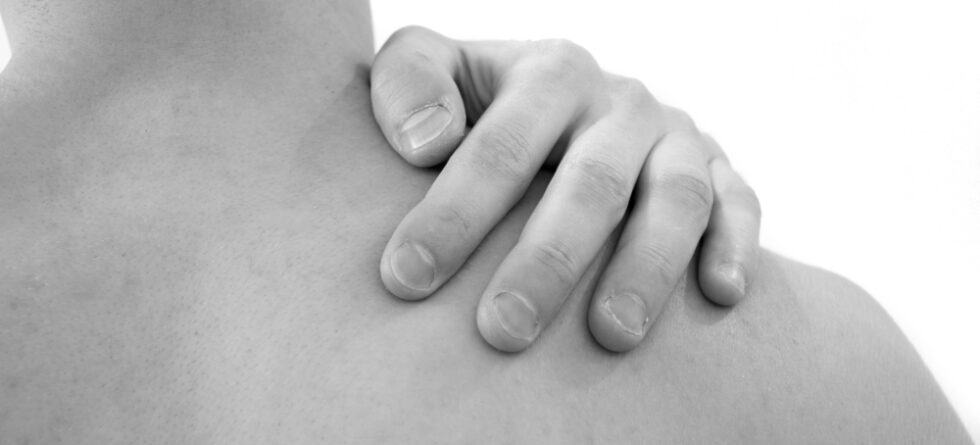Whether you can practice Brazilian Jiu-Jitsu (BJJ) with bad shoulders depends on the specific nature and severity of your shoulder issues, as well as your individual tolerance for physical activity. BJJ involves various movements and techniques that can put stress on the shoulders, including gripping, pushing, pulling, and rotating motions.
If you have pre-existing shoulder problems or chronic shoulder pain, it’s essential to consider the following factors before engaging in BJJ…
- Consultation with Healthcare Professional – Before starting or continuing BJJ training, it’s advisable to consult with a healthcare professional, such as a physician or physical therapist, to assess the condition of your shoulders and receive guidance on appropriate activities and modifications. They can provide insight into the underlying cause of your shoulder issues and recommend specific exercises, treatments, or precautions to help manage symptoms and prevent further injury.
- Individual Assessment and Modification – If you have shoulder issues, it’s important to listen to your body and adjust your training accordingly. Consider modifying techniques, grips, and movements to reduce stress on the shoulders and minimize the risk of exacerbating pain or injury. For example, you may need to avoid certain positions that place excessive strain on the shoulders or adapt your grips to accommodate any limitations or discomfort.
- Focus on Technique and Control – Emphasize technique and control over strength and explosiveness during training to reduce the risk of shoulder injury. Focus on proper body mechanics, leverage, and positioning to execute techniques effectively while minimizing strain on the shoulders. Communicate with your training partners and instructors about your shoulder issues, so they can provide guidance and support during training.
- Strengthening and Rehabilitation – Incorporate shoulder strengthening exercises and rehabilitation activities into your training routine to improve shoulder stability, mobility, and resilience. Focus on exercises that target the muscles surrounding the shoulders, including the rotator cuff muscles, deltoids, and scapular stabilizers. A physical therapist or certified strength and conditioning specialist can help develop a customized exercise program tailored to your specific needs and goals.
- Pain Management and Recovery – If you experience pain or discomfort during training, listen to your body and take appropriate measures to manage symptoms and promote recovery. This may include using ice therapy, taking breaks as needed, modifying activities, or seeking professional treatment and advice. Avoid pushing through pain or ignoring warning signs of injury, as this can lead to further damage and prolonged recovery times.
The decision to practice BJJ with bad shoulders should be made in collaboration with your healthcare provider, taking into account your individual circumstances, preferences, and risk factors. While BJJ can be physically demanding and challenging, it is possible to participate safely and enjoyably with proper awareness, precautions, and management of shoulder issues.



